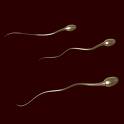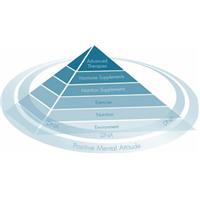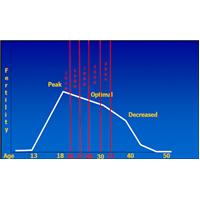
Newcastle: British scientists created human sperm from stem cells for the first time in a bid to better understand the causes of male infertility.
The researchers, led by Karim Nayernia from Newcastle University, developed a technique to turn stem cells with male chromosomes from human embryos into reproductive cells, known as germline, and prompt them to divide, they said in a study published in the journal Stem Cells and Development today. The divided cells produced functional sperm, the scientists said.
The new technique will allow researchers to study in detail how sperm forms and lead to a better understanding of infertility in men, Professor Nayernia said in a statement released with the study. This understanding could help us develop new ways to help couples suffering infertility so they can have a child which is genetically their own.
The research may also help scientists understand how genetic diseases are passed on, according to the statement.
The lab-created sperm wont be used for fertilization of human eggs and implantation of embryos, the researchers said. While we can understand that some people may have concerns, this does not mean that humans can be produced in a dish and we have no intention of doing this, they wrote.
Stem cells, which have the power to become any type of cell in the body, are controversial when research involves human embryos, which are killed when the cells are harvested.
In another medical journal last week, more than 40 scientists, bio-ethicists, lawyers and science journal editors called on their colleagues and policy makers to develop guidelines for the research and reproductive use of stem cell- derived eggs and sperm.




